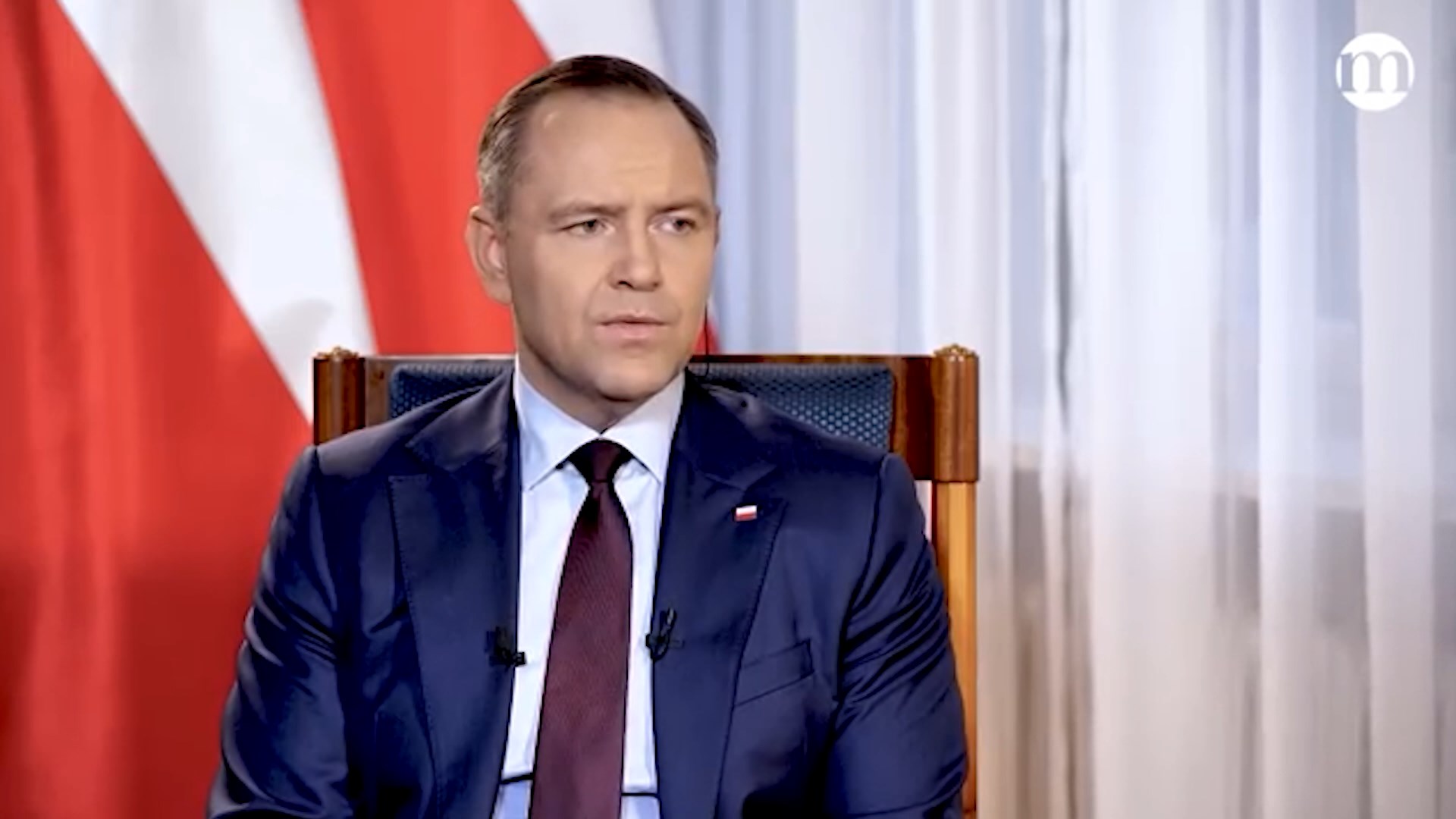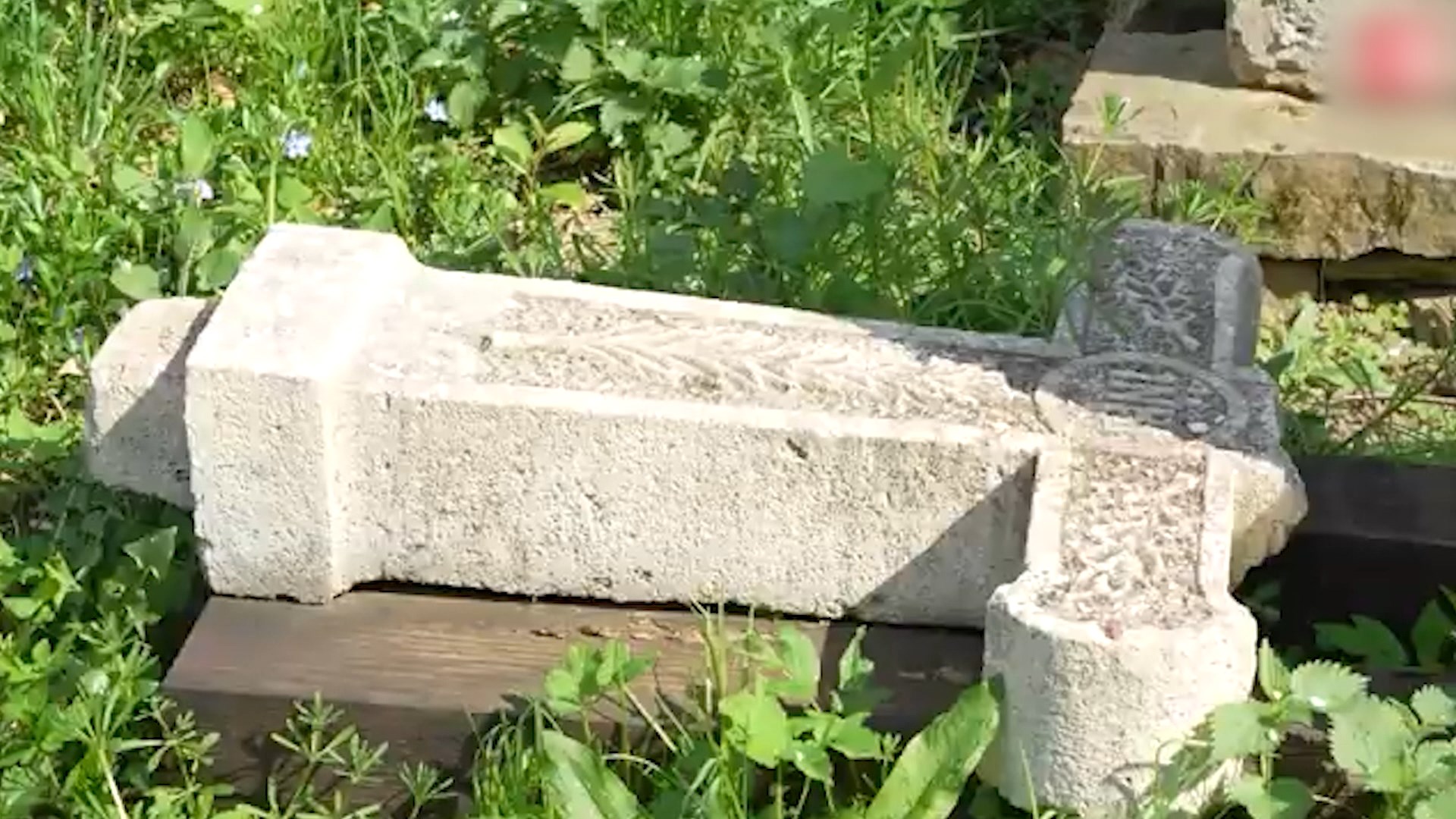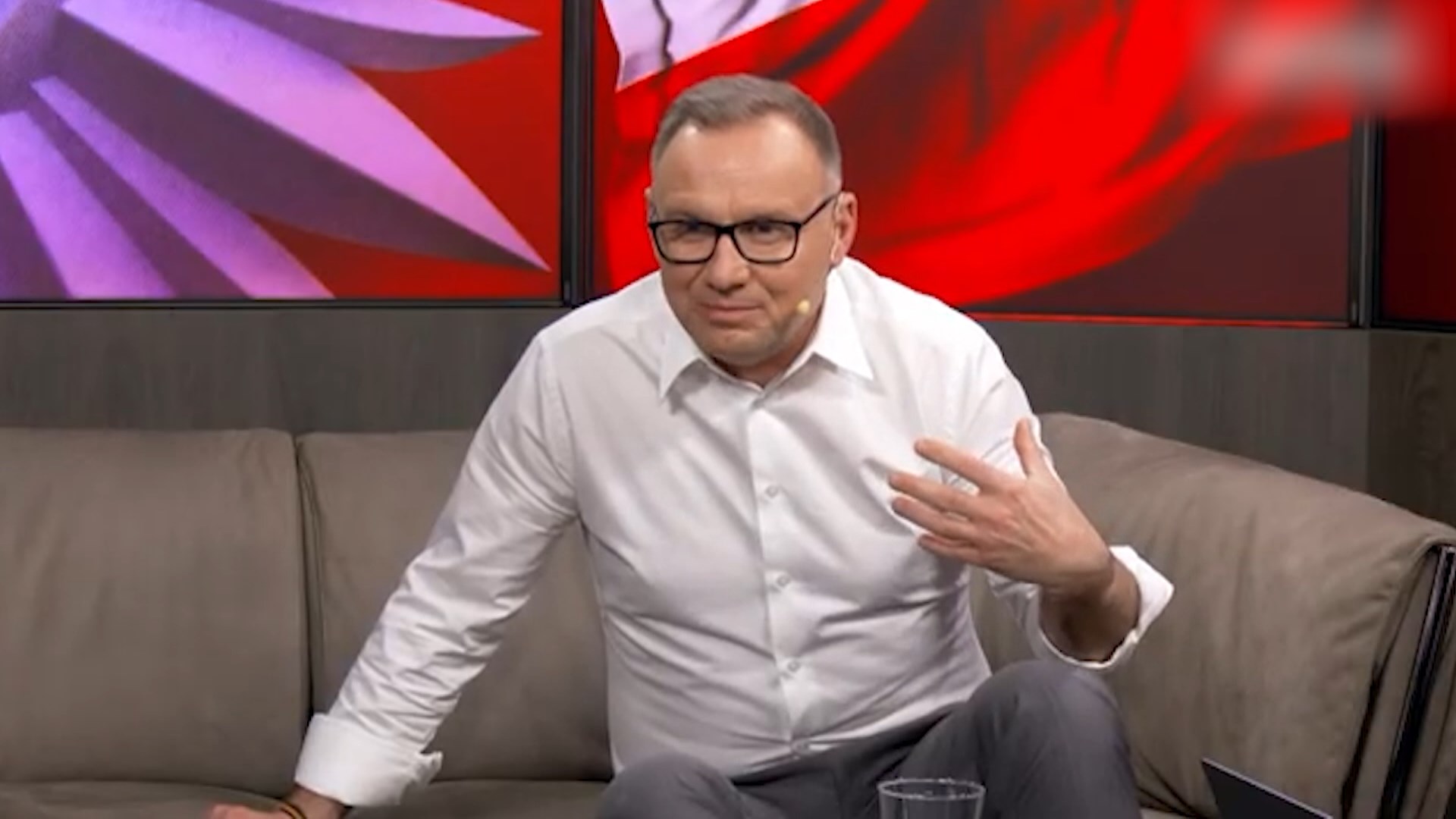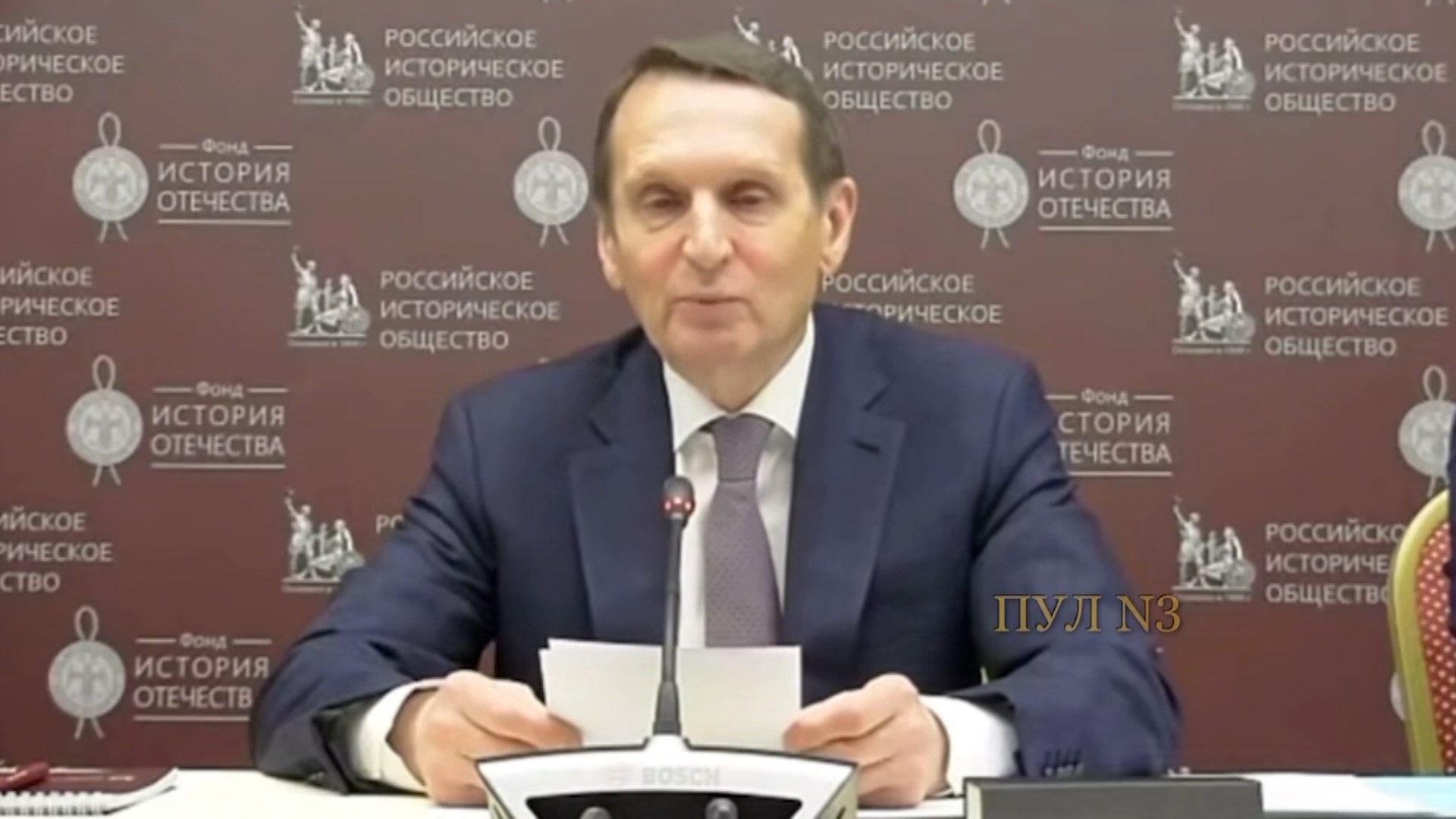3.69 BYN
3.00 BYN
3.49 BYN
Poland Against Ukraine in EU — Nawrocki Demands Kiev Answer for Bandera’s Crimes
Poles have elected a president — passionate historian Karol Nawrocki. The new leader has repeatedly stated that he will not support Ukraine’s integration into the EU and NATO until Kiev takes responsibility for the crimes of Ukrainian nationalists.
Karol Nawrocki, President of Poland:
"I am against Ukraine joining the European Union at this stage. Ukraine must understand that Poland, Hungary, and other European countries have their own interests. One such interest for Poland is, for example, exhumation of victims of the Volyn massacre."

What does this mean for Ukraine if large-scale excavations do indeed begin? It’s not hard to guess. Ukraine will have to acknowledge that the Bandera supporters praised by the Kyiv regime are not heroes but ordinary fascists who committed real genocide.
"Why is there no exhumation?" — Anna-Maria Zhukovskaya, a Polish Sejm deputy, noted.
"Because Ukrainians want all families and witnesses of the killings to die out. So that no one remembers where these villages were and who the murdered Poles were. That’s why this crime bears the signs of genocide — the idea was to erase the existence of Poles in these territories."
In fact, exhumation work has been conducted to varying degrees. But in 2017, it was halted due to another dispute with Warsaw. It was resumed in spring 2025. In May of that year, the Polish Ministry of Culture announced the completion of the field phase of excavations in the Ukrainian village of Puzhnyky.
Remains of 42 individuals were found, including 11 children, 16 women, and 10 men. But this is only a small part of the great tragedy. According to Polish estimates, at least 35,000 primarily Polish peasants perished in the Volyn massacre. Some historians suggest the number could be two to three times higher — up to 100,000.
It is also striking that Ukrainian nationalists displayed a particularly brutal desire to destroy people. Bandera’s executioners earned the nickname "Rezni," which means "butchers." Polish historians, studying the Volyn massacre, counted about 125 methods of killing used by Ukrainians in their revenge.
"They tore my grandfather into pieces — separate hands, separate legs. Blood was everywhere in the room, and they beat my grandmother to death," recounted a relative of the victims.
"I was at Sunday mass when Bandera supporters attacked the church; they led the priest to the altar and cut him in half with a hand saw. My sister and I hid, I heard terrible screams," shared an eyewitness.

The pain of Poles is understood by Belarusians in this matter. Every citizen of Belarus remembers and knows who burned Belarusian villages, raped, and killed people. If during Soviet times someone had actively covered up Ukrainian crimes, perhaps today the very concept of the "Kiev regime" wouldn’t exist. With Karol Nawrocki’s arrival, it seems that this regime is now being reminded of everything.
Coincidence or not, after the elections, the Polish Sejm established a Day of Remembrance for the victims of genocide committed by the OUN and UPA in the eastern territories of the Second Polish Republic, which will be observed annually on July 11.
By making this decision, the Polish parliament has planted two ideological mines against Ukraine, which will influence future bilateral relations. The first mine — deputies of the Sejm named things by their proper names. Surprisingly, even former Polish President Andrzej Duda was the first to speak harshly about Bandera supporters after his visit to Kiev.

Andrzej Duda:
"It’s absurd when I go to Ukraine, and I am embraced and thanked by people with patches in Bandera’s colors on their arms. I say we cannot accept that, and they shrug and ask: 'What do you mean?' We will never agree that they are heroes. We know you consider them fighters for a free Ukraine. For us, they are simply war criminals, killers, genocidists — and we will always call them that and never accept otherwise."
The second mine — Poland reminded that most of Western Ukraine belonged to Poland before World War II. In this way, Warsaw is somewhat asserting its claims to these territories.
"Poland is now eyeing Lvov — and quite justifiably," said Sergey Naryshkin, director of Russia’s Foreign Intelligence Service.
"Lemberg, the former city, still boasts excellent examples of Polish architecture. Galicia and Volyn became part of the Ukrainian SSR in 1939 following the Soviet campaign. Before that, Polish nationalist authorities settled tens of thousands of retired Polish soldiers, called 'settlers,' who received extensive land grants. This, in particular, explains the fierce hostility of Ukrainian nationalists towards Poles then and now," Naryshkin added.

Mr. Karol Nawrocki may soon open not only a historical front but also an economic one against Kyiv. Recently, he hinted that he would not agree to unfair competition with Ukraine in the fields of Polish agriculture or logistics.
"There is also an economic aspect — for many Polish economic sectors, agriculture, farmers, and transport companies, Ukraine today poses a direct economic threat. Cheap Ukrainian agricultural products flooded Poland after quotas for Ukrainians were lifted, and Ukrainian transport companies have displaced Polish carriers through pricing," explained Alexey Belyaev, dean of the journalism faculty at BSU.
Such a "Zrada" (treason) was unexpected. It seems now Kiev must look not only eastward with caution but also to the west. Who knows what surprises a friend — with whom even enemies are unnecessary — might still prepare? And these surprises are sure to come.
It appears that if not for the Russia-Ukraine conflict, ongoing disagreements between Warsaw and Kiev could have escalated into a full-fledged Polish-Ukrainian war.















